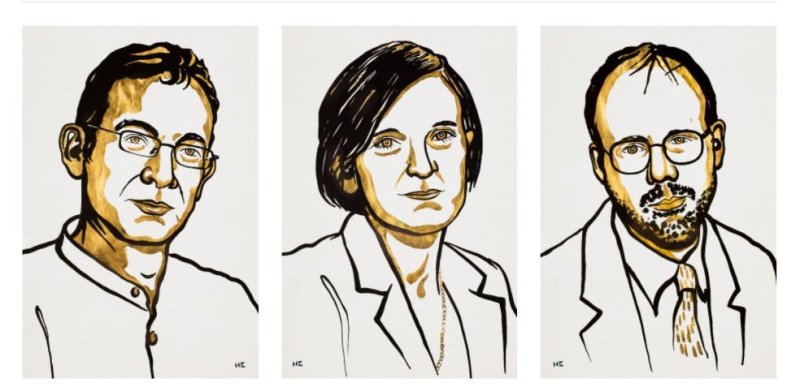Oct. 14 (UPI) -- The Royal Swedish Academy of Sciences on Monday awarded the Nobel Prize in economics to three researchers at American universities for their "experimental approach to alleviating global poverty."
The Sveriges Riksbank Prize in Economic Sciences in Memory of Alfred Nobel 2019 was given to Abhijit Banerjee, Esther Duflo and Michael Kremer for improving the "ability to fight global poverty."















